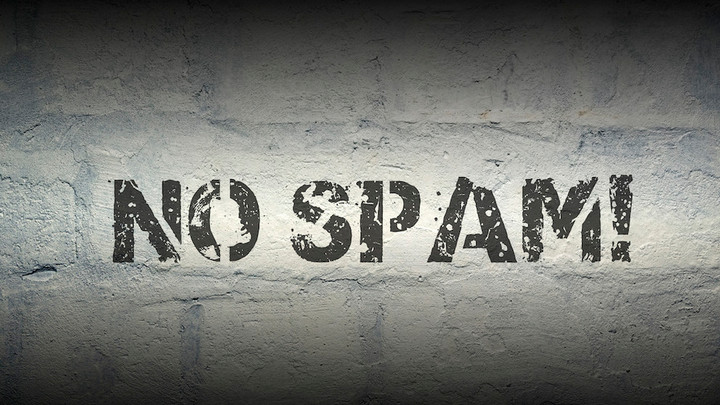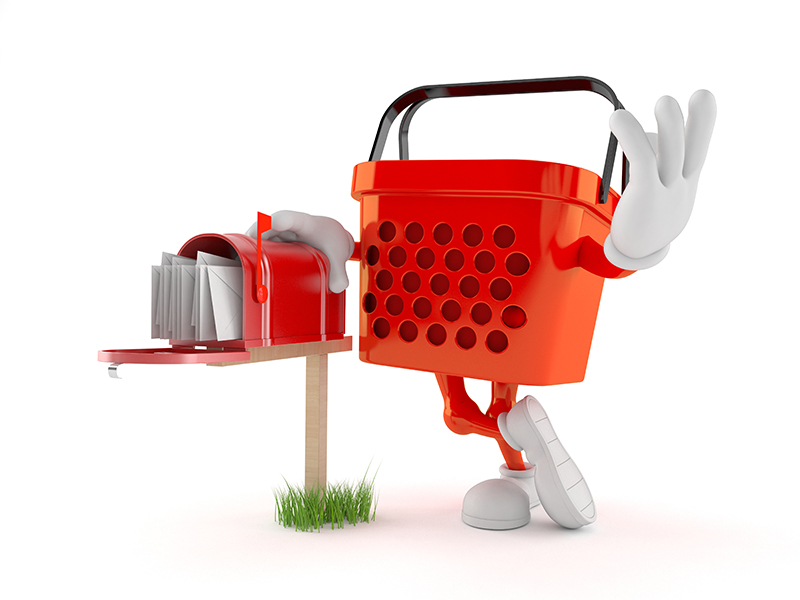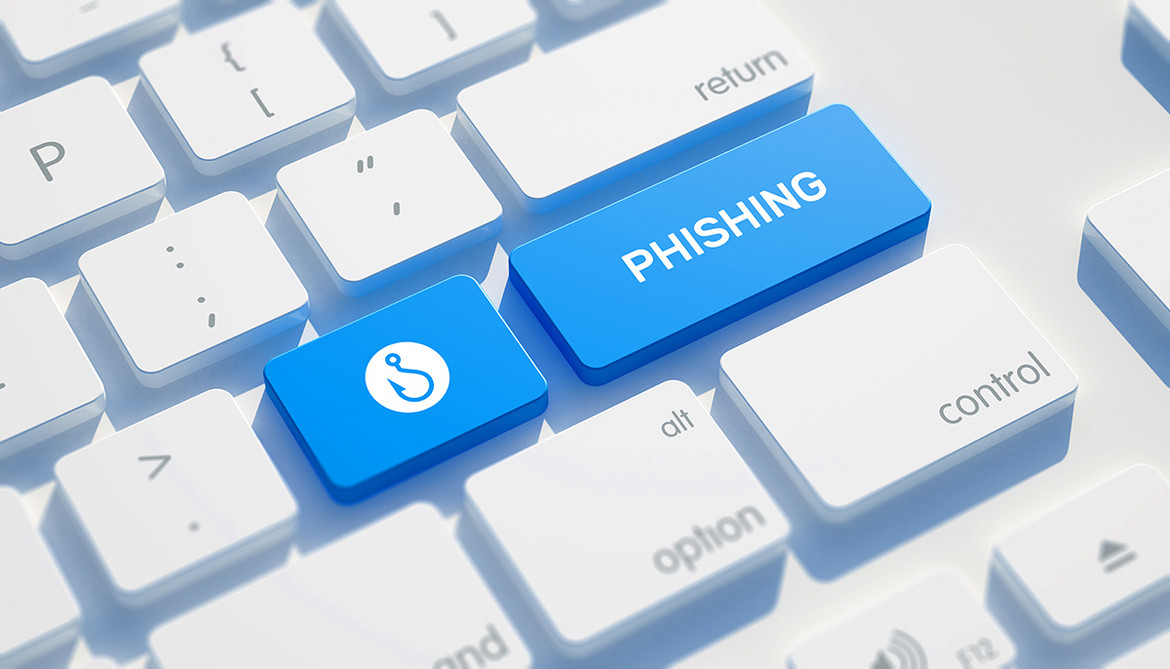The Certified Senders Alliance – How Self-Regulation Can Help Increase the Quality of Commercial E-Mails
Julia Janssen-Holldiek, Director of the Certified Senders Alliance, demonstrates how voluntary industry self-regulation can have a profound effect on quality, and bring the community together.

© yuriz | istockphoto.com
This article was first published in German in the compendium “Digitale Ethik – Vertrauen in die digitale Welt” in 2019 by eco – Association of the Internet Industry.
In the digital environment, legitimate marketers have been facing an increasing challenge to make their newsletters and commercial emails stand out against the background noise of spam. The eco Association approaches this challenge from two different perspectives. On the one hand, combatting spam itself is a task undertaken by the eco Complaints Office. On the other hand, it is also important to support companies, brands, and marketers who aim to rise above the noise by ensuring the quality of their marketing emails. This is where the Certified Senders Alliance (CSA) comes into play.
The Certified Senders Alliance (CSA) was established in 2004, as a joint project between eco – Association of the Internet Industry and the German Dialogmarketing Association (Deutscher Dialogmarketing Verband – DDV). It is the goal of the CSA to increase the quality of commercial emails (e.g. newsletters, invoices, order confirmations, etc.). To achieve this, the CSA establishes and regularly updates legal and technical quality standards, certifies commercial email senders that comply with these standards, and operates a whitelist for certified senders in cooperation with mailbox and spam-filter providers. As a result, the entire email ecosystem can work together to improve the quality and deliverability of legitimate marketing emails from serious senders.
Participants in the Certified Senders Alliance voluntarily subject themselves to the CSA rules of procedure, based on the CSA’s quality standards for email marketing.
The quality standards arise out of prevailing law and the technical requirements from mailbox providers. This includes, for example, ensuring compliance with data protection law, such as the EU General Data Protection Regulation (GDPR), as well as technical procedures like DomainKeys Identified Mail (DKIM) and Sender Policy Framework (SPF) for email authentication.
But perhaps you think that such an initiative could only represent a small drop in the ocean compared to those senders who don’t comply with best practices? So, how can the CSA actually help to improve the quality of email overall, and how can this benefit the certified senders?
The answer lies in the whitelisting, in education, and in bringing the emailing community together.
The CSA acts as a neutral interface between mailbox providers and senders of commercial emails. Mailbox and spam-filter providers want to keep their customers happy and customer inboxes free of junk. To this end, they make use of spam filters. If an email gets caught by a spam filter, it will not be delivered, or it will be delivered to the user’s spam folder. This results in a loss of sender reputation, which has a long-term impact on the sender, as future deliverability will also be affected.
One problem that occurs here is that not only spam gets filtered out. It can be that legitimate emails – be they newsletters, order confirmations, or invoices – also get filtered out. This can pose a problem for both the sender and their customer, especially when relevant transactional emails are concerned.
Given that the IP addresses of CSA certified senders are on the CSA whitelist, and mailbox and spam-filter providers can access this whitelist, CSA senders are recognized as serious email senders. As a result, their messages will be delivered more effectively by the participating providers.
This raises the bar for all senders. It means that there is a real benefit for marketers and brands to behave responsibly with their commercial emailing, in the knowledge that this will keep them on the whitelist, improve their reputation as a sender, and increase their chances of regularly landing in customer inboxes.
Self-regulatory approaches are very successful when there is industry-wide engagement in finding a solution to an existing problem. This is exactly what occurs in the wider email ecosystem, when the different industry communities come together through their involvement in the CSA. Both the senders and the receivers have an interest in improving the email experience of their mutual customers, and they are able to work towards this goal within the CSA.
Case study
The certification process
The CSA quality standards cover legal and technical admission criteria. Email senders that are capable of fulfilling these quality criteria can apply to be certified by the CSA.
To start the certification process, senders need to provide samples of their email marketing for legal and technical examination. These are assessed in relation to the CSA Criteria. Emailing experts from the CSA will then support the sender with any aspects that need to be improved. A final stage is approval by the CSA certification committee, which includes representatives of both the sender (email service provider) and receiver (ISP/mailbox provider) communities.
Once the sender has been certified, their sending IP addresses are added to the CSA whitelist.
Maintaining quality standards
Once certified, the CSA has several monitoring measures in place in order to support sender compliance with the CSA criteria, which in turn protects the sender’s IP addresses and prevents the risk of fines. Samples of senders’ newsletters are regularly checked to ensure continued technical compliance. The CSA also employs data from mailbox providers such as spam trap hits, which are used to assess the senders’ list hygiene and reputation, as well as providing the sender with precise data on what needs to be improved. The CSA also regularly checks whether certified IP addresses have been put onto blacklists.
The CSA works closely together with the eco Complaints Office. If complaints are made by individual users regarding a certified sender, the sender is informed and steps are taken to ensure any legal or technical issues arising are dealt with rapidly. The Complaints Office undertakes a comprehensive legal assessment of the sender’s emails in this case.
In this way, the CSA maintains the promise for quality towards participating partners using the whitelist. At the same time, certified senders get early warnings from the CSA to help ensure current and future deliverability of their emails. Consequences of non-compliance are stated in the Rules of Procedure, starting with a reprimand, and going through to removal from the whitelist or even exclusion from CSA participation.
The CSA in numbers:
As in previous years, the CSA enjoyed constant growth in 2017. Of the 250 requests to join made in 2017, 17 companies were able to fulfill the high requirements and were added to the CSA whitelist. By the end of 2017, the CSA had 110 certified senders. The growth in certified IP addresses increased by 30 percent in comparison to 2016, and reached 60,577 by the end of the year. The CSA also experienced growth in partners during 2017: Six new ISP and technology partners joined the community, including one of the largest mailbox providers in the world, Microsoft. This brought the total number of ISP and technology partners to 48.
Providing educational opportunities to email senders
The Certified Senders Alliance is committed to its mission of improving the quality of email marketing, and to achieve this, the CSA team also engages in educational initiatives with certified senders and interested parties. As well as offering legal workshops, the CSA provides detailed material and advice on how to deal with any relevant new laws or amendments. On the technical side, the CSA supports the adoption of technologies and processes which strengthen the security and authenticity of commercial emailing. One example is the CSA’s strong advocacy for Domain-based Message Authentication, Reporting and Conformance (DMARC), which incorporates both DKIM and SPF and further enhances email authentication. The CSA supports senders who wish to implement DMARC, and provides documentation and advice relating to the benefits and the technical process.
Find out more about the CSA at the 2019 CSA Summit in Cologne in April. Register here.
Julia Janssen-Holldiek became part of the CSA team in 2014 and Director in 2017, and is passionate about creating and enabling quality standards for commercial emailing. Prior to the CSA, she worked for several years in Marketing and Sales at Dell. Julia studied business administration at the University of Cologne and the Universidad Torcuato di Tella, Buenos Aires.






